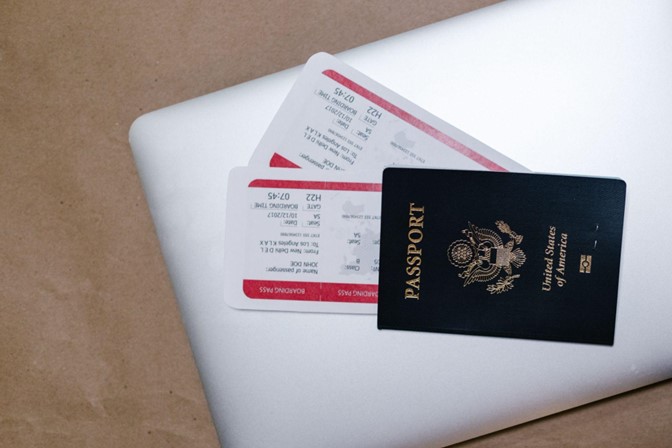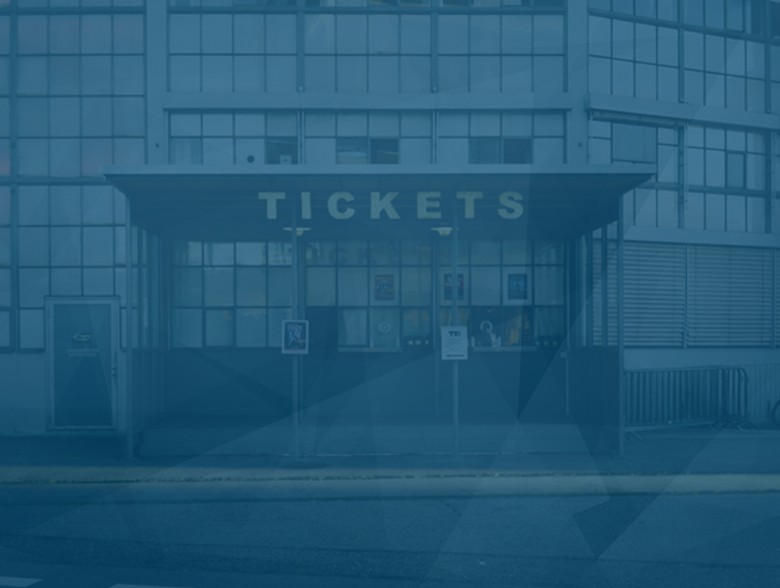By PJ Rohall, Head of Fraud Strategy & Education – SEON
It can be upsetting when you try to purchase a ticket for an event only to discover they are already sold out. Still, you can find some comfort in knowing you lost them to devoted fans who were as excited as you to go to the event. But what if those tickets were bought by bots whose only purpose was to resell them later for an insanely high price? How would you feel then? How much would it take to trust the company selling tickets again, or would you just give up, thinking there is no point in trying? The event industry is in real danger of being overwhelmed by bots at the expense of true fans. It is more important than ever to start taking the proper steps to protect themselves and provide customers with a positive ticket-purchasing experience.
What exactly are bots?
Even though they have a significant presence on the internet, most people are not even aware of the existence of the bots. Bots are computer software created to handle repetitive tasks that would have to be typically accomplished manually. They can complete these tasks faster, cheaper, and more accurately than humans, which significantly saves time and resources companies would have to invest to accomplish these tasks. While all bots are initially neutral until their makers give them their task, we mostly hear about the ones created for malicious purposes. The truth is that they are the future of cybercrime but also cybersecurity.
While bad bots make up the majority of bot traffic, there are still plenty of good bots online whose purpose is to bring value to the users and creator. Bismarts lists the ten best bots available on the internet right now, and you would be surprised how intertwined with your world they are. From getting breaking news straight to your phone to using bots to learn a new language through Duolingo or even getting recipe suggestions based on the ingredients you have available, these bots are here to make our lives easier. Unfortunately, no matter how much we would like that, not all bot creators plan to use them for good purposes.
Ticket Bots Endangering Different Industries
When considering ticket bots, most people are aware of their dangers in the event industry, especially regarding high-value concerts and sports events. The recent Taylor Swift fiasco proves their point. When the presale of tickets for the Taylor Swift Eras Tour opened on November 15, it was supposed to be available only for 1.5 million verified Taylor Swift fans. Instead, 14 million people, primarily bots, tried to access the site, causing it to crash while selling 2 million tickets in just one day. Many of these tickets appeared on third-party sites reselling for as high as $28,000, resulting in angry fans.
But malicious ticketing bots will not stop only at targeting high-value events. They can cause damage in different industries, for example, the airline sector. By utilizing ticket bots, malicious actors can reserve flight seats without completing the purchase, taking away the opportunity from genuine customers and raising the prices. The potential customers that tried to purchase the tickets will leave the attacked site and try their luck with the competitors.
Often, malicious actors will use stolen identity data and credit card information to purchase tickets via ticketing bots, resulting in even more innocent victims. Once the legitimate card owner discovers their card has been used without their permission, they will request a chargeback from their card provider. Not only does this mean that ticketing agents will lose their revenue, but once they cancel tickets that were purchased with stolen funds, innocent customers that bought those tickets from the resale sites will also suffer. Fraudsters will be long gone with their profits while leaving ticketing agents to deal with the consequences.

Photo: Pexels
Bots can even be used by inexperienced users as they can purchase them quite easily and cheaply on the dark web. This means that your event can be ruined by your competitor, who can use ticket bots to block all the seats for your event, damaging your reputation with legitimate people who want to come to your event. It is essential to get all the potential leads when organizing an event whose goal is to turn them into customers, and you can’t allow malicious actors to stop you. Without utilizing bot detection software in their security strategy, ticketing organizations have no hope of fighting against bad bots and their malicious intentions.
Bad bots are a significant challenge.
While good bots try to make the world a better place, bad bots are trying to accomplish exactly the opposite. Their only purpose is to make a profit for their creators and owners, no matter how many people they have to damage in the process. In many cases, we will only notice bad bots once they accomplish their goals, and sometimes not even then. The rare occasion we are aware of the damage they do is during ticket sales.
Purchasing tickets for an event is already frustrating when you have to compete against the other fans whose numbers are significantly higher than the supply. But it gets to a new level of frustration when you also need to beat bots that can use many more resources than you can. Yes, those tickets can be later purchased on resale sites, but for significantly more money. This substantially reduces customer satisfaction while damaging the reputation of the ticket agents and ticket sales companies. This is why ensuring they sell tickets to their fans and not to bots needs to become their priority.
The move in the right direction has already started with the Better Online Ticket Sales (BOTS) Act, which President Barack Obama signed in December of 2016. This act bans the use of ticket bots for circumventing ticket purchase limits and bypassing venues’ ticketing rules and makes it a federal offense. It also set a fine of $16,000 for reselling the tickets that were acquired through ticket bot software. Europe followed a few years later when the European Union Parliament voted to ban ticket bots in April of 2019.
Fraudsters even go as far as selling unexisting tickets by using bots to impersonate legitimate people on Facebook or other social media. They use these legitimate looking profiles to try to persuade innocent victims to purchase the tickets from them. They often use a sob story as the reason they are no longer able to attend the event, making you more likely to accept their terms
While this legislation is a step in the right direction in bringing the danger of bots to the public eye, there is still much to do to prevent malicious actors from exploiting the systems and making a real difference.
Conclusion
As events are finally getting back on track, the importance of dealing with ticketing bots has never been as crucial. Utilize all the tools at your disposal to ensure your events are open to real fans and not to the malicious bots that wish to exploit you and your business.
Author the Author
 PJ has over a decade of experience in fraud prevention and a strong understanding of mitigating fraud across the full spectrum of use cases. Currently, PJ is the Head of Fraud Strategy & Education at SEON. He speaks, engages, and educates folks on relevant fraud trends and strategies, while continuously learning from the industry and empowering fraud fighters across the globe. PJ also co-founded About-Fraud, a Global Community for Fraud Fighters. About-Fraud was built for Fraud Fighters, by Fraud Fighters and offers a one-stop shop for educational resources to folks who work in fraud prevention. PJ exudes passion and vibrancy that engages others while offering a refreshing dose of emotional intelligence.
PJ has over a decade of experience in fraud prevention and a strong understanding of mitigating fraud across the full spectrum of use cases. Currently, PJ is the Head of Fraud Strategy & Education at SEON. He speaks, engages, and educates folks on relevant fraud trends and strategies, while continuously learning from the industry and empowering fraud fighters across the globe. PJ also co-founded About-Fraud, a Global Community for Fraud Fighters. About-Fraud was built for Fraud Fighters, by Fraud Fighters and offers a one-stop shop for educational resources to folks who work in fraud prevention. PJ exudes passion and vibrancy that engages others while offering a refreshing dose of emotional intelligence.
https://seon.io/


